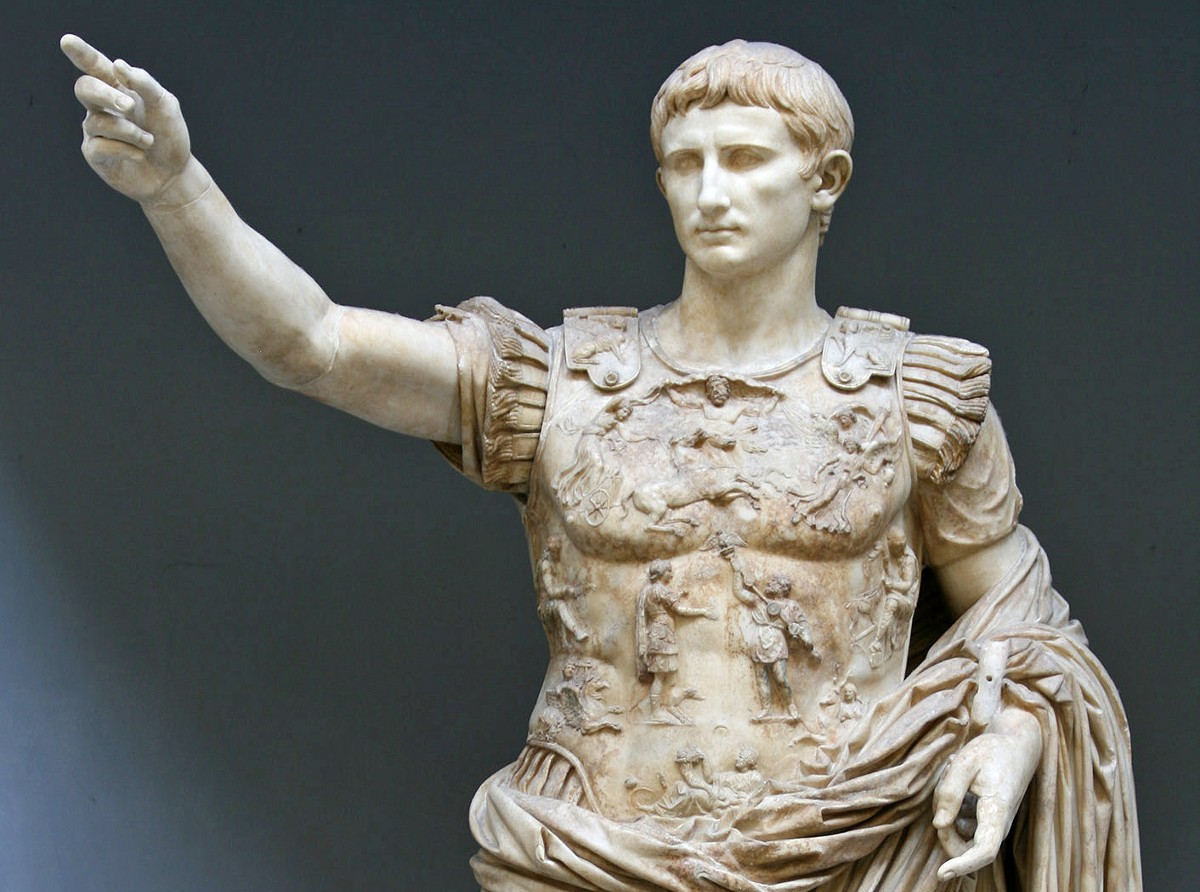Opinion: Will Supreme Court Give Trump More Immunity Than a Roman Emperor?
The Romans knew that liberty depended on every citizen, regardless of their station, being equally subject to the protections and restrictions of a common legal system. Our Supreme Court could learn from that.



I have been studying and writing about Roman emperors for more than 30 years. I never imagined I would live in a time and place where the judicial system might give more extensive legal immunity to an American president than any Roman emperor ever enjoyed. Until last month.
Contemporary imagination often assumes that Roman emperors enjoyed absolute authority to do what they wanted with their empire’s resources, wealth, and military power. They did not. Rather, Roman emperors were magistrates who held office for life, managing the Roman state on behalf of its citizens.
This position gave emperors vast powers to initiate wars, choose administrators, appoint generals, order criminal investigations, and take the property and lives of convicted criminals. But, like their fellow citizens, Roman emperors were subject to Roman law.
Emperors themselves said so. In 429 C.E., the emperors Theodosius II and Valentinian III explained that “a reigning sovereign must be subject to the laws because our authority is dependent upon that of the law and it is the greatest attribute of imperial power for the sovereign to be subject to the laws.” It is only by accepting that laws apply to every Roman, the emperors continued, that we are able to “forbid others to do what we do not suffer ourselves to do.” In other words, an emperor claiming an exemption from Roman law had no right to expect his fellow citizens to obey those same laws.
A few decades later, Priscus of Panium, a Roman official and rhetorician who served as an ambassador to the court of Attila the Hun, explained to an acquaintance he calls Graikos why Roman legal procedures must apply equally to everyone. Graikos had once lived in Roman territory but had chosen to live among the Huns. He told Priscus he preferred the Hunnic empire, where, unlike in Rome, Attila limited corruption, did not assess high taxes, and presided over a people who did not trouble one another.
True, the brutal barbarian king could do what he wanted to anyone. But Graikos still believed this was better than Rome, where “lawsuits are much protracted, much money is spent on them,” and everyone is distracted from doing what they want by concerns of when or even whether a legal penalty will be enforced.
Priscus corrected Graikos sharply. “Those who founded the Roman state,” he said, “ordained wise and good men to be guardians of the laws so that things should not be done haphazardly.” In Rome, “the laws apply to all, even the emperor obeys them,” and “the time taken in cases results from a concern for justice lest a judge err in his decisions.”
Under Attila, by contrast, “one must give thanks to Fortune for freedom.” In a society without laws, Priscus asserted, your life and property are protected only by fate and the whims of Attila. Realizing his mistake, Graikos “wept and said that the laws were fair and the Roman state was good.”
It is, then, astonishing to read the April 25 transcript of the Supreme Court’s oral arguments in Donald J. Trump v. United States. The day began with Donald Trump’s lawyer, D. John Sauer, boldly asserting, “Without presidential immunity from criminal prosecution, there can be no presidency as we know it.”
As the proceedings continued, the exchanges became increasingly shocking. At one point, Justice Sonia Sotomayor asked what would happen if the president “orders the military” to assassinate a political rival. In response, Sauer claimed that such an order “could well be an official act” and thus render the president immune from prosecution. Then, near the hearing’s conclusion, Justice Samuel Alito took on an incredulous tone as he asked the government’s lawyer, “If [the president] makes a mistake, he makes a mistake; he’s subject to the criminal laws just like everyone else?”
Any serious Roman jurist would know how to answer Alito’s question. They would respond as the 10th century bishop Nicholas of Constantinople did to the emperor Leo VI when he tried to get married illegally: “It is evil, a most evil doctrine to say that, because one is an emperor he is permitted to do wrong in a way that no one would permit his subjects to do.”
Romans knew that even the limited liberty permitted by their autocracy depended on every citizen, regardless of their station, being equally subject to the protections and restrictions of a common legal system. To assert otherwise would be to leave the Roman world of law and enter the unpredictable, anarchic kingdoms led by people like Attila the Hun.
Alito is, without a doubt, a finer legal scholar than I am. But he is not a finer legal scholar than Tribonian or Papinian or many of the thousands of other jurists who taught and wrote about a tradition of Roman legal scholarship that stretched across nearly 2,000 years. These wise men refused to grant the powers to an emperor that Alito and Sauer seem to want to grant to an elected president. Maybe our Supreme Court could learn something from reading their work.
Edward Watts is a historian at the University of California, San Diego. He is the author of The Eternal Decline and Fall of Rome: The History of a Dangerous Idea, and Mortal Republic: How Rome Fell Into Tyranny. This was written for Zócalo Public Square, an Arizona State University media enterprise.














